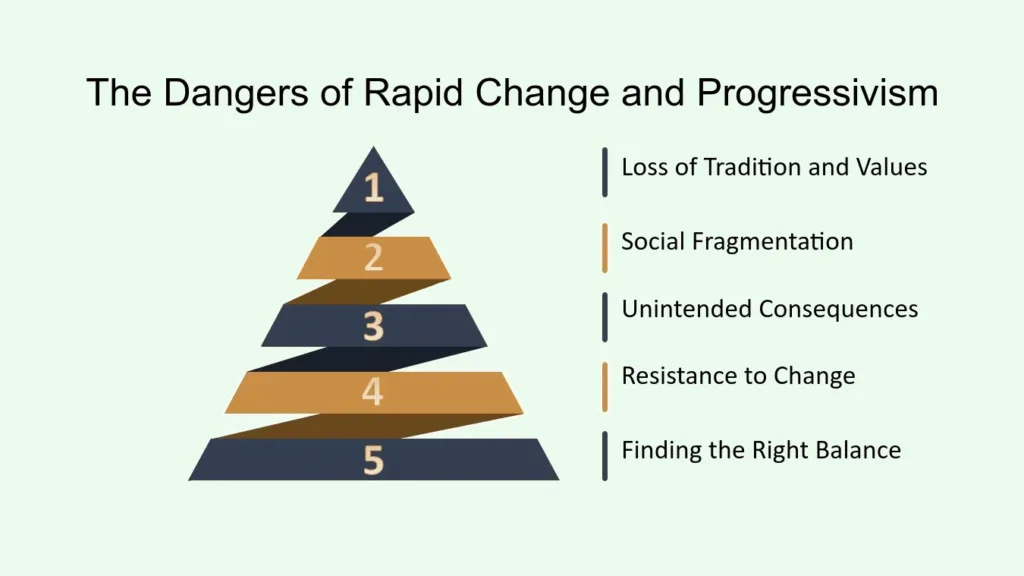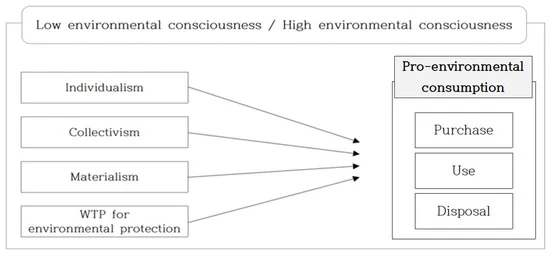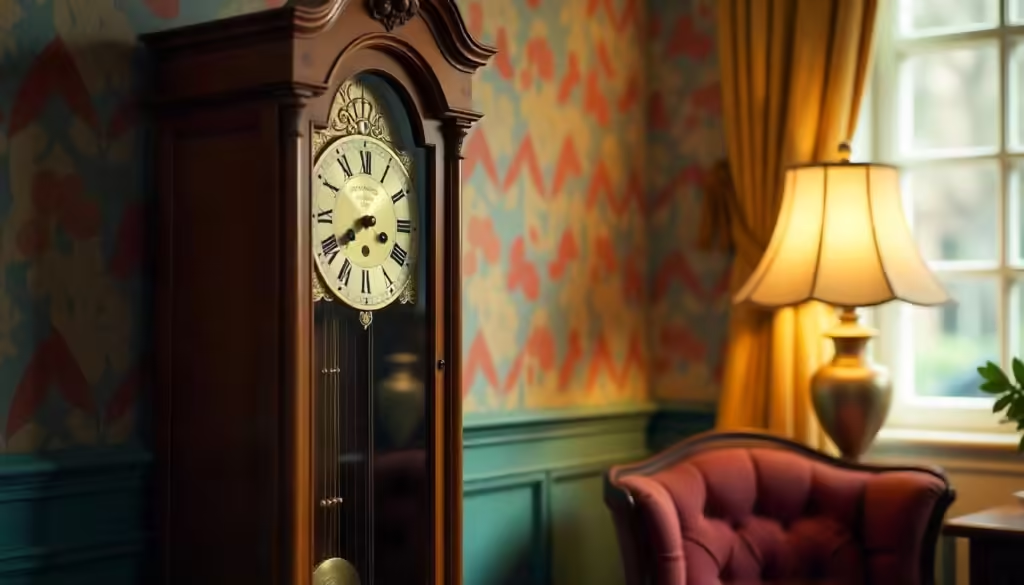A deep dive into the changing landscape of societal norms and the implications for the future.
Introduction
The world is witnessing a rapid transformation, not just in technology and economics, but also in the very fabric of society. Traditional values, once the bedrock of communities, are gradually eroding, giving way to a new era of individualism and materialism. This shift has far-reaching consequences, impacting everything from family structures to social cohesion.
The Decline of Traditional Values
Traditional values, often rooted in religion, culture, and family, have historically provided a moral compass and a sense of belonging. However, in recent decades, these values have faced a significant decline. Some of the key factors contributing to this erosion include:
- Globalization and Cultural Exchange: Increased global connectivity has exposed people to diverse cultures and lifestyles, challenging traditional norms and beliefs.
- Technological Advancements: The digital age has transformed communication and entertainment, leading to a decline in face-to-face interactions and communal activities.
- Economic Shifts: The rise of consumerism and the pursuit of material wealth have shifted priorities away from family and community.
- Secularization: A decline in religious belief and practice has weakened the moral framework that traditional values often provide.

The Rise of Individualism and Materialism
As traditional values wane, individualism and materialism have gained prominence. Individuals are increasingly focused on personal fulfillment, self-expression, and material possessions. This shift has led to a decline in communal values, such as cooperation, empathy, and sacrifice.
The Impact on Society
The erosion of traditional values and the rise of individualism and materialism have far-reaching implications for society:
- Weakening of Social Cohesion: A decline in shared values can lead to social fragmentation and a loss of community spirit.
- Erosion of Family Structures: Traditional family structures are under strain, with increasing rates of divorce, single-parent households, and delayed marriage.
- Mental Health Issues: The pursuit of material wealth and individual success can lead to stress, anxiety, and depression.
- Ethical Decline: A weakening of moral values can contribute to a decline in ethical behavior and a rise in crime.
- Environmental Degradation: A focus on individual consumption can lead to environmental damage and resource depletion.

The Way Forward
While the decline of traditional values is a complex issue, there are steps that individuals and society can take to mitigate its negative impacts:
- Reviving Community: Engaging in community activities, volunteering, and fostering social connections can help strengthen social bonds.
- Promoting Ethical Consumption: Making conscious choices about consumption and supporting ethical businesses can reduce environmental impact and promote fair labor practices.
- Prioritizing Family: Spending quality time with family, communicating openly, and nurturing strong family bonds can help preserve traditional values.
- Education and Awareness: Educating young people about the importance of traditional values and the dangers of excessive individualism can help shape a more responsible generation.
- Policy Changes: Governments can implement policies that support families, promote ethical behavior, and protect the environment.
Conclusion
The erosion of traditional values is a significant challenge facing society today. By understanding the underlying causes and the potential consequences, we can take steps to preserve the positive aspects of tradition while embracing the benefits of modernity. A balance between individualism and community, materialism and ethics, is essential for a sustainable and fulfilling future.



